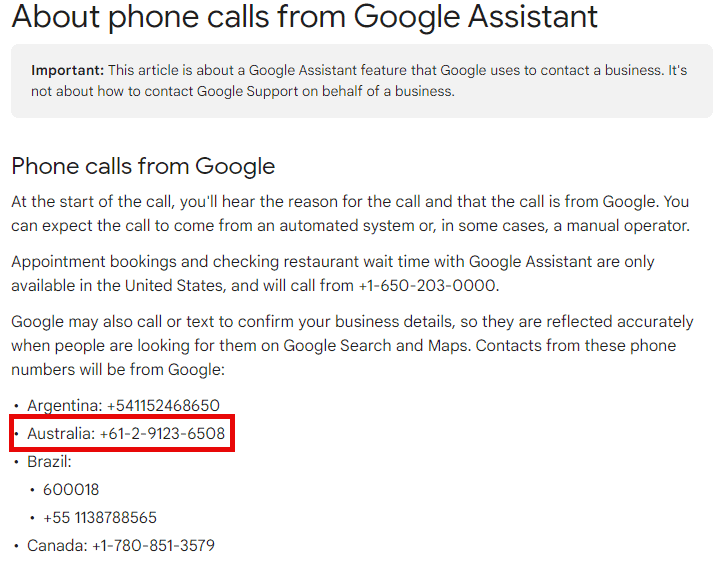
Boasting over 2.5 billion users worldwide, Gmail reigns as the most prevalent email service globally. Consequently, it comes as no surprise that this platform has become a focal point for malicious actors seeking to infiltrate accounts and pilfer sensitive data.
Sam Mitrovic, an expert on Microsoft security products and the founder of CloudJoy, a Power Platform consultancy, recently sounded the alarm regarding an exceptionally sophisticated, AI-augmented phishing scheme targeting Gmail users, a scheme with the potential to ensnare even the most seasoned and discerning individuals. Notably, Mitrovic himself fell victim to this cunning ploy.
The scheme commenced with Mitrovic receiving an email purporting to originate from Google, requesting him to initiate an account recovery process. This email contained a hyperlink directing him to a fraudulent website meticulously crafted to mimic the authentic Gmail interface, designed to pilfer his login credentials. While this tactic is relatively commonplace, Mitrovic remained impervious to its allure.
Approximately 40 minutes after receiving this deceptive email, Mitrovic received a notification indicating a missed call ostensibly from Google. However, he did not find this particularly disconcerting.

A week later, Mitrovic received yet another email, once again prompting him to authorize a Gmail account recovery. Mirroring the previous sequence of events, approximately 40 minutes following the receipt of this email, he received another call. This time, Mitrovic opted to answer, and on the other end of the line was a male voice, speaking in English, who introduced himself as a Google support representative.
This purported representative asserted that anomalous activity had been detected on Mitrovic’s Gmail account, intimating that an unauthorized party had endeavored to breach his inbox to purloin confidential data.
While the call was in progress, Mitrovic resourcefully conducted an online search for the incoming phone number, ascertaining that it was indeed a legitimate number, corroborated by its presence on Google’s official website.
Despite this apparent legitimacy, Mitrovic remained dubious and prudently requested the caller to furnish him with a confirmatory email. Upon receiving said email, he meticulously scrutinized its contents and observed that it was remarkably authentic, bearing a resemblance to genuine emails dispatched from Google.
However, upon subjecting the sender’s email address to closer inspection, Mitrovic astutely discerned that the email originated from a domain cunningly masquerading as an official Google domain. It was this subtle incongruity that betrayed the hacker’s surreptitious attempt to compromise his Gmail account.
“The caller said Hello, I ignored it then about 10 seconds later, then said Hello again. At this point I released it as an AI voice as the pronunciation and spacing were too perfect,” Mitrovic divulged in his recent blog post.
Mitrovic elucidated that these nefarious actors can effortlessly glean Google’s phone numbers from the internet and subsequently employ caller ID spoofing software to perpetrate calls to unsuspecting users, thereby creating the illusion that the call is genuinely emanating from Google, rendering them more susceptible to comply with the scammer’s requests.
Mitrovic posits that the targeting of Gmail accounts constitutes a globally orchestrated hacking campaign, and he is merely one among a multitude of targets. Consequently, he felt an imperative to disseminate a cautionary message to the wider public.
“The scams are getting increasingly sophisticated, more convincing and are deployed at ever larger scale,” Mitrovic further expounded. “There are many tools to fight the scammers, however, at an individual level the best tool is still vigilance, doing the basic checks as above or seeking assistance from someone you trust.“
Related Posts:
- Banking Trojan TrickMo Compromised 13,000 Devices, Now Steals Device Unlock Patterns and PINs
- DarkVision RAT: The $60 Malware Threatening Your Data
- Lynx Ransomware: The Evolution of INC Ransomware into a Potent Cyber Threat
- Fog & Akira Ransomware Exploit Critical Veeam RCE Flaw CVE-2024-40711 After PoC Release